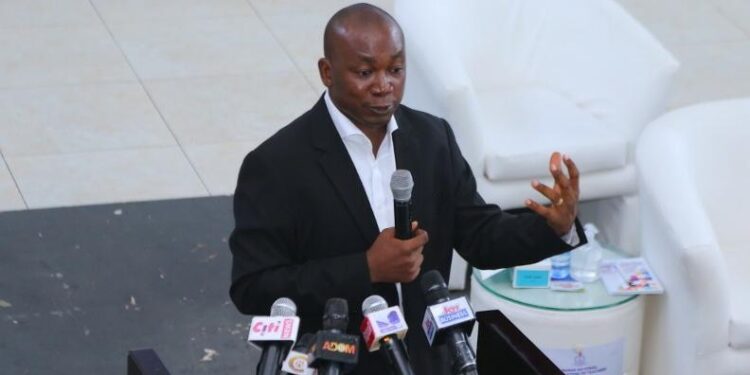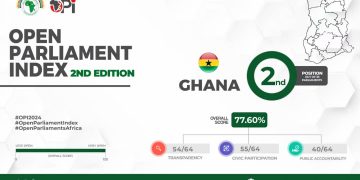Ghana Risks Economic Setback if IMF Programme is Discontinued – Prof Bokpin Warns
A finance and economics professor at the University of Ghana, Prof. Godfred Bokpin, has cautioned that Ghana’s economy could face significant risks if the government decides to discontinue its current $3 billion International Monetary Fund (IMF) programme.
His comments come as President John Dramani Mahama reaffirmed that his administration has no immediate plans to extend the ongoing IMF Extended Credit Facility (ECF) agreement.
Speaking in an interview with Bloomberg TV at the Munich Security Conference, the President emphasized that his government remains committed to executing the existing programme without seeking an extension. However, he acknowledged that an extension could be considered if necessary.
Commenting on the economic implications of a possible exit from the IMF programme in May 2026, Prof. Bokpin noted, “To think about it that we are exiting the programme in May 2026 conveys considerable risk to the market.”
He explained that the original financial programme was structured with a follow-up extension or successor arrangement in mind. Given Ghana’s current economic challenges, he believes the country may need to adjust its course to maintain stability.
“What that will mean is that we have to then start another programme. If you look at the original programme, it was designed with an extension or an immediate successor right after,” he said.
Prof. Bokpin also estimated that Ghana may take three to four years before it can access the international capital markets again, given the country’s ongoing economic restructuring.
“Remember that we are not able to go to the international capital market per the original programme until 2027,” he stated.
Ghana had previously undertaken a comprehensive debt restructuring process to avert default, but Prof. Bokpin highlighted that rebuilding market confidence will take time. He pointed out that the World Bank had advised that such a recovery period is consistent with the restructuring process.
“Once you restructure your debt in the manner that ours took, we are looking at over three to four years before the market will receive you favorably,” he concluded.








